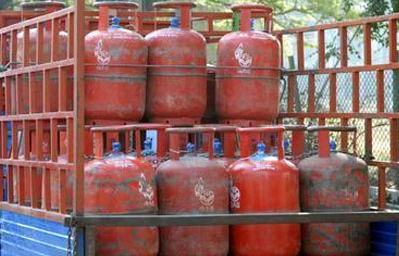Gas Pricing Formula Conundrum
The KG-D6 basin and CAG report controversy led to setup a panel under the C Rangarajan during the UPA regime to decide upon the rational gas pricing formula. The panel comes up with a formula of gas pricing which was based on the average prices of 3 major global benchmark. The Rangarajan panel recommended an increase of gas prices to $8.4 per mmbtu which was double to the gas prices of $4.2 per mmbtu at that time. The new government in 2014 modified the R-formula and comes to the new gas pricing of $5.05 per mmbtu on gross calorific value basis and $5.61 per mmbtu on net calorific value basis. This pricing was applicable form November, 2014 to march 31.
What is the Rangarajan formula?
Rangarajan panel comes out with a balanced pricing which is determined by the market rates. The pricing was the average prices of the global benchmarks-the henry hub prices of US, the national balancing point of UK and the price at which the suppliers provide it to Japan. However it did not talked about the basis of pricing i.e. gross calorific basis or net calorific value basis.
After march 31 the price would be revised bi-annually on the basis of weighted average reference price of a full year, 3 months prior to the date of revision, which means price form april 1, would be on the basis of price between January-december 2014.
The guidelines applies to
Blocs nominated to ONGC and oil india limited, blocks awarded under the new exploration and licensing policy, blocks allotted pre-NELP, where it requires the prior approval of government under the production sharing contract (PSC) and the coal bed methane blocks.
The formula based pricing of gas is consistent with the market determined prices which is in spirit with production sharing contract. Hence a judicious balance between interest of producer and consumer was envisaged through this pricing, which attracts the investment in the sector.
The recent controversy
Ministry of petroleum and natural gas in its intent to immunize the power and fertilizer companies form the fluctuation of international prices, seeking to put ceil over the prices. Meaning thereby, the price would be market determined, but it would not go above a fixed cut-off.
It is considered a retrograde step against the sanctity of formula based pricing. It would introduce an element of subjectivity and made the bureaucrats more powerful to meddle with pricing mechanism as happened in 1990. Also it would hurt the sentiments of the investor.
Government of India could very well protect the interest of power and fertilizer plant by bringing other such reforms like urea-deregulation and other instead of playing with the formula based pricing which would have adverse impact on the producer and this the investment.


